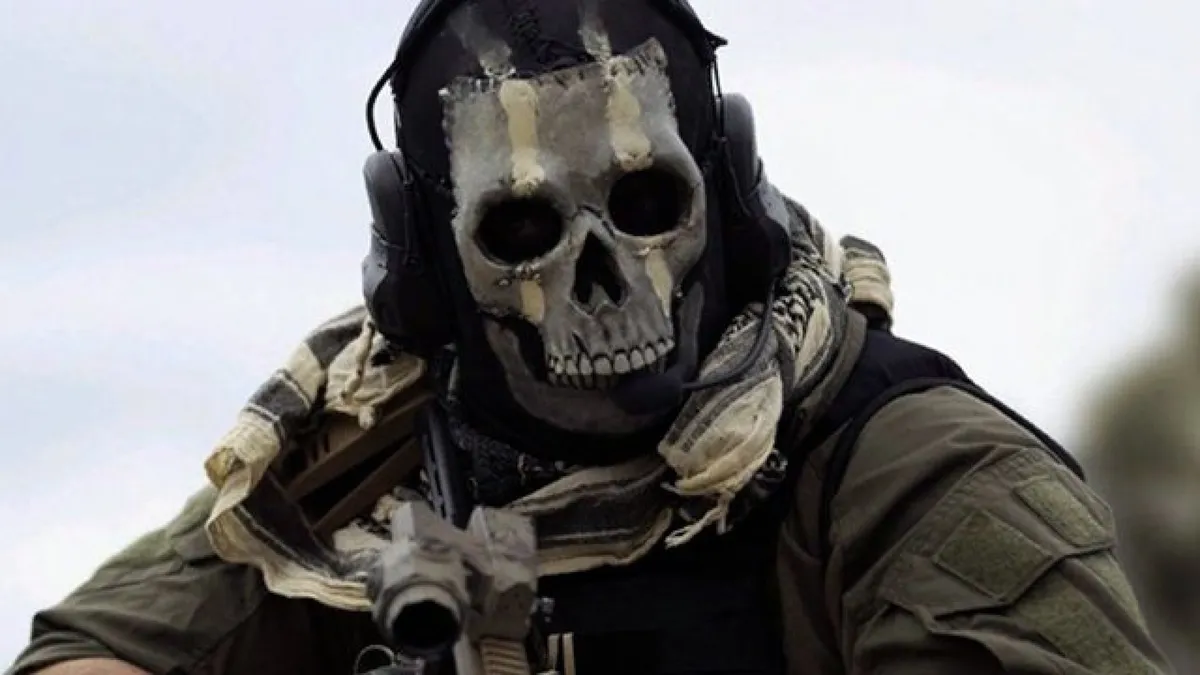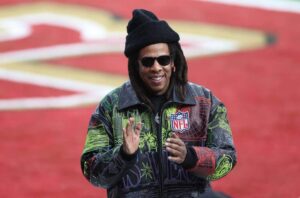In the mythic world of film franchises, few properties wear their cult status with as much chaotic pride as Highlander. The original 1986 film, directed by Russell Mulcahy and starring Christopher Lambert and Sean Connery, fused fantasy, swordplay, immortality, and Queen’s thunderous rock score into an unlikely cinematic cocktail. It spawned sequels, a television series, and countless debates about narrative continuity. And now, nearly four decades later, Highlander is returning—this time with John Wick director Chad Stahelski at the helm, Henry Cavill as the immortal warrior, and, as newly announced, Russell Crowe joining the ensemble.
This isn’t just another reboot—it’s a reawakening. One shaped not only by new creative energy, but also by nostalgia, mythology, and the promise of fresh sword-clashing spectacle. Over the next 2,000 words, we’ll dissect what Crowe’s casting means, explore the franchise’s convoluted legacy, and situate this reboot within Hollywood’s ongoing obsession with resurrection.
The Power of Casting: Crowe and Cavill as Titans of the Reboot Age
Russell Crowe’s inclusion in the Highlander reboot isn’t mere stunt casting. He arrives with decades of gravitas, battle-worn charisma, and an Oscar pedigree that lends weight to even the most fantastical roles. From Gladiator’s Maximus to Noah, The Nice Guys, and even his gonzo Zeus in Thor: Love and Thunder, Crowe has proven himself both serious and self-aware—a critical balance in a franchise that asks viewers to believe in sword-wielding immortals battling for “The Prize” across centuries.
Crowe’s role remains undisclosed, but speculation is rampant. Will he portray a mentor figure akin to Connery’s Juan Sánchez-Villalobos Ramírez? Or could he be cast against type as the Kurgan-style antagonist—immense, violent, operatic? Either way, Crowe’s ability to embody both myth and menace makes him an inspired addition.
Henry Cavill, by contrast, represents modern myth-making. Known best for playing Superman and Geralt of Rivia in The Witcher, Cavill brings physicality, nobility, and a brooding presence well-suited for Highlander’s central role: Connor MacLeod, or a reimagined version thereof. Cavill is no stranger to swords or century-spanning destinies—his casting almost feels preordained.
Together, Crowe and Cavill form a mythic dyad: one a grizzled philosopher-warrior, the other a haunted combatant shaped by love and loss. Their dynamic will likely anchor the emotional core of this reboot.
Chad Stahelski’s Vision: From Gun-Fu to Sword-Lore
If there is a director poised to revitalize Highlander, it is Chad Stahelski. His John Wick series—crafted with longtime stunt partner David Leitch—redefined action cinema for a generation weaned on CGI excess. With its choreographic clarity, mythological worldbuilding, and existential protagonists, John Wick bore unexpected thematic resemblance to Highlander.
Stahelski has spoken passionately about the original film, calling it a “world of sword-fighting immortals that spans centuries” and one “ripe with potential.” His emphasis on practical action, character-driven spectacle, and deep lore suggests that this Highlander will retain the romantic weirdness of the original while sanding off the 1980s camp.
Stahelski’s direction signals a reboot that will be equal parts sleek and sincere. The swords won’t just clash—they’ll carry narrative meaning. The immortality won’t just be a gimmick—it will be a curse, a lens through which loss and memory are examined.
Screenplay by Michael Finch: Writing the Timeless
Screenwriter Michael Finch, known for co-writing John Wick: Chapter 4, steps into the screenwriting role with a challenge: how to honor a beloved cult classic while building an entirely new mythology for newcomers and veterans alike.
The original Highlander was defined by narrative chaos—flashbacks, quickenings, romance, decapitations, and Queen’s operatic vocals. Finch has the opportunity to reassemble these elements into something more cohesive, while expanding the franchise’s core question: What does it mean to live forever?
Expect a script that balances pathos with action, and character introspection with operatic duels. The tight-lipped production process suggests a tightly woven lore that Stahelski and Finch are guarding like a sacred text.
Immortals and Metaphors: Why Highlander Still Matters
Highlander is a rare fantasy film that wears its metaphor on its sword-sleeve. Immortality is not a superpower—it’s a philosophical predicament. The burden of endless life, the ache of watching mortals die, the accumulation of wisdom and wounds—these are Highlander’s true themes.
In a literary sense, the film resonates with the tone of Romantic poetry and the tragedy of the epic. Lord Byron’s Childe Harold could easily be mistaken for an immortal warrior. T.S. Eliot’s “The Hollow Men” seems written for a world where men have lived too long and lost too much. Highlander is not just pulp—it’s poetry dressed in leather and steel.
Reboots often flatten these themes. But the combined talents of Stahelski, Cavill, Crowe, and Finch suggest a seriousness of purpose. This Highlander may return to the franchise’s most potent line: “It’s better to burn out than to fade away.”
A Franchise Reborn: Trials of the Past and Promise of the Future
The Highlander franchise has seen many incarnations—some successful, others lamentable. After the original 1986 film, there were sequels (The Quickening, Endgame, The Source), a popular television series with Adrian Paul, and even animated spinoffs. Each iteration grappled with continuity, tone, and mythology. Most failed to recapture the emotional immediacy and mystic resonance of the first film.
This reboot has the chance to unify the narrative and distill the core of what made Highlander resonate: the weight of time, the beauty of connection, and the agony of memory. It can embrace the elegance of myth without becoming a parody of itself.
More importantly, in today’s cinematic landscape—populated by superheroes, multiverses, and algorithm-driven content—Highlander offers something rare: a standalone mythos, an operatic morality tale with swords instead of superpowers.
Culture, Legacy, and the Need for Heroes
In a world increasingly fascinated by nostalgia and heroism reframed, the return of Highlander feels both inevitable and timely. Crowe and Cavill are not just actors—they are cultural avatars. They bring with them echoes of Rome, Krypton, and monster-infested forests. In Highlander, they will now contend with time itself.
As critic Harold Bloom once argued in The Anxiety of Influence, all literature is a conversation with the past. The same could be said of cinema. Stahelski’s Highlander is not merely a remake; it is a conversation with 1986, with mythology, with mortality. It is, like its immortal protagonists, haunted by the past yet propelled toward something new.
Impression
The Highlander reboot is more than a revival—it is a resurrection. With Russell Crowe’s thunderous presence joining Henry Cavill’s stoic intensity and Chad Stahelski’s visionary direction, the film stands poised to reforge the legend for the 21st century.
There can be only one—but that “one” need not be the original. Like its immortals, Highlander is built to endure, evolve, and return when the world is ready. That time may be now.
No comments yet.







